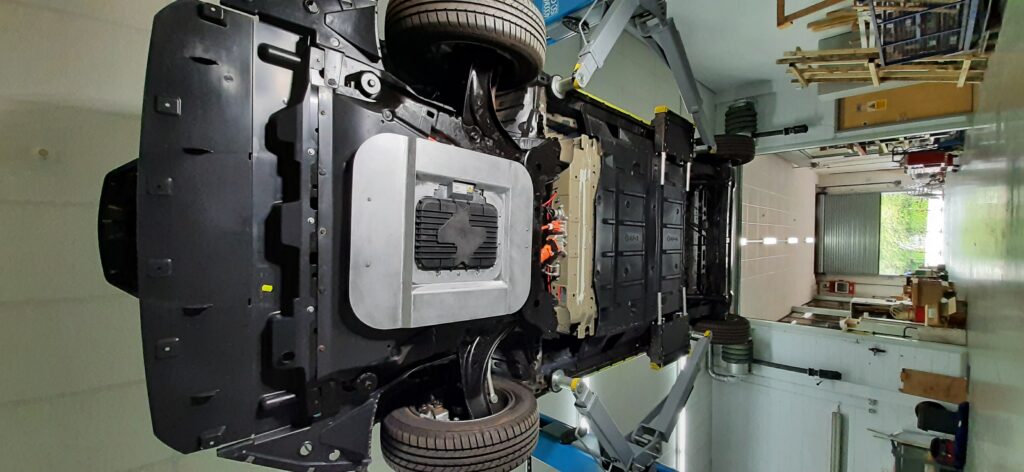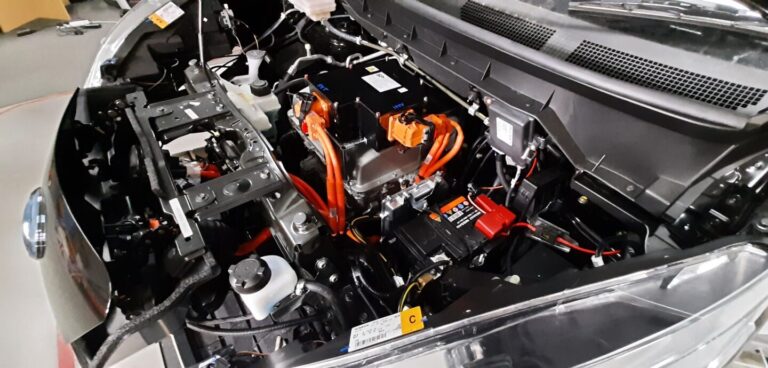UK company Sprint Power, which specializes in low-carbon tech, is leading a UK government-backed project that aims to demonstrate the suitability of wireless charging technology for fleet vehicles.
Ahead of the trials beginning on the streets of Leeds, Nottingham and Warwick in August, Sprint has developed an electrical distribution system (EDS), a power distribution module (PDM), and a high-voltage harness assembly that will enable a fleet of vehicles to charge wirelessly via pads attached to the ground.
The design will automatically recognize which power source to draw current from, with each vehicle featuring wireless and plug-in charging capability. A display screen inside the cabin of each vehicle will indicate to the user the status of each charge.
Richie Frost, founder and CEO of Sprint Power, said, “As we move steadily toward the UK’s ban on pure ICE vehicles in 2030, more commercial operations will be switching their fleets to electric vehicles.
“We are delighted to be part of this pioneering trial that aims to make this transition easier through the development and implementation of wireless charging. I strongly believe these solutions will be key to this country’s shift toward sustainable mobility.”
In addition to Sprint Power, the research consortium includes the University of Warwick, the University of Nottingham, Loughborough University, Leeds City Council and MyEVS. Project AMiCC (AMiCable Charging) will trial eight modified Nissan Leaf and Nissan ENV200 models.
An AI machine learning algorithm will capture information such as vehicle movement and optimum charging behavior, while drivers will report back on their experiences using the technology.
The first Nissan ENV200 featuring wireless charging capability has been completed and has been delivered to the University of Nottingham for commissioning before the trial begins next month for a period of between six and nine months. The first wireless Nissan Leaf will be delivered in early August, with the additional models set to follow soon after.



